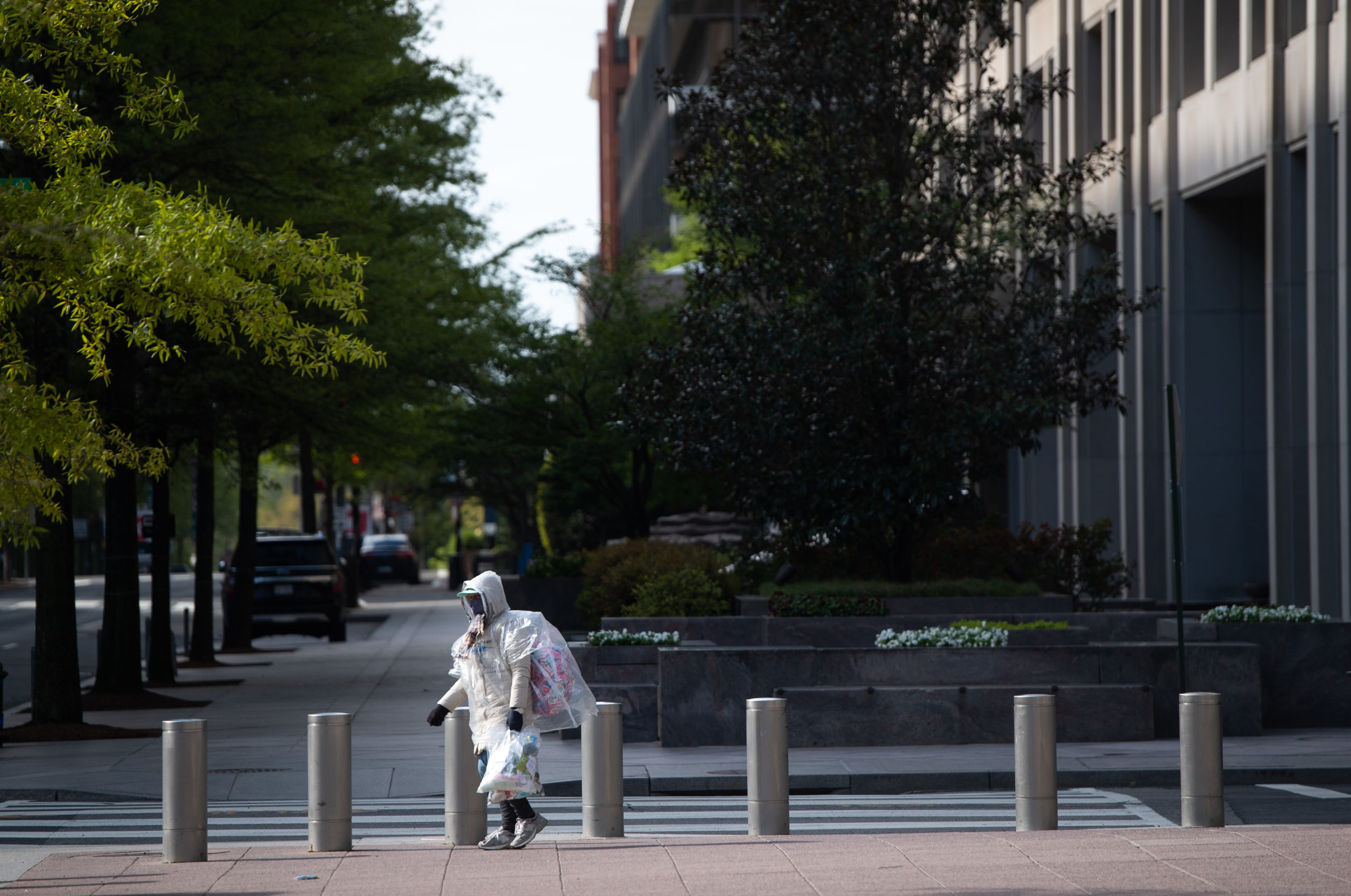Asian economies are expected to plunge this year from previously forecast growth curves thanks to effects of the Covid-19 pandemic, IMF Asia and Pacific director Changyong Rhee said in a Wednesday night virtual press conference from Washington DC.
“The impact of coronavirus on the region will be severe, across the board and unprecedented,” Rhee said. “Asia’s growth rate in 2020 is expected to be 0%; this is worse than the growth rate during the global financial crisis and even during the Asian financial crisis. Actually, Asia has never experienced zero growth rate in the last 60 years.”
The prospect of zero, or especially negative growth is anathemic to the recent economic history of Southeast Asia, which experienced a collective economic growth of 4.9% in 2019. But if the IMF’s forecasting is brought to light, that will be the reality for the ASEAN bloc of 10 member states. When taken as a whole, ASEAN’s GDP is now forecast to shrink by 1.3%, due in large part to “reduced tourism, disruption of trade and manufacturing and spillovers from the financial market”, Rhee said.
“Except for Singapore, which was affected early, many ASEAN countries are in the early stage, but they’re very cautious and introducing preliminary lockdown,” Rhee said. “On the other hand, by structure, ASEAN economies are more service-oriented and tourism, particularly in Thailand, accounts for a large part of the economy. So even before the virus spread in that region, they were hit very hard.”
Thailand is predicted to see the sharpest dive into the negatives with a revised annual GDP change of minus 6.7%. The Thai economy had been slowing even before the pandemic burst onto the scene, but the IMF forecast released Tuesday night was a bump further into the red than earlier predictions.
Just over the border, Rhee said, Cambodia’s economy is forecast to shrink by 1.5% in 2020.
“I think the economy will be hit hard,” Rhee said.
If anyone watching was inclined to shrug at the forecast against the more dire numbers levelled at other economies, he contextualised the drop against the Kingdom’s recent arc of rapid economic growth.
“Their growth rate prior to the crisis was expected to be 7%, so it’s actually a more than 8.5% decline compared to our pre-crisis forecast,” Rhee explained, pointing to Cambodia’s steep decrease in tourist arrivals and cancelled garment factory orders from buyers in the US and Europe. “Unfortunately, unlike many advanced economies, Cambodia’s policy space is relatively limited.”
While he said the Kingdom’s economic ministers were “doing their best”, he likened the country to other “frontier economies” in Asia such as Laos, Myanmar and Vietnam, where capacity is limited for fiscal policy solutions.
“Even with their relative lack of policy spaces, they have to focus on where to prioritise and who they have to protect first,” Rhee said of these countries, suggesting the international community should provide them with more resources to cope with the challenges ahead.
The wide reach of the economic impact led the Asia director to brand the pandemic conditions as a “crisis like no other”. Medical professionals have confirmed more than two million cases of infection by the novel coronavirus and, as of this writing, more than 130,000 people have died.
Aside from the human toll of the pandemic, the virus has already wreaked havoc on the global economy through the widespread disruption of markets and supply chains, government-mandated societal and business shutdowns, and the knee-buckling strain on healthcare systems around the world.
Despite the bleak statistics, Rhee said Asia’s forecasted GDP changes actually measure well against those of the US and Europe, which are expected to contract by 5.9 and 7.5%, respectively. That’s little consolation though, as Western markets represent a major buyer of Asian exports.
It is highly uncertain how this year will progress. This is not a time for business as usual and Asian countries need to use all policy instruments in their arsenal
IMF Asia and Pacific director Changyong Rhee
Indeed, even countries like South Korea, which avoided a massive decline in predicted GDP thanks to virus containment measures that dodged major industry shutdowns, will likely find their export-heavy fortunes riding on the strength of the global economy.
The IMF still expects China’s GDP to grow by 1.2%, a decline from earlier forecasts but an uptick from the 9% contraction experienced in the high crisis there of the first quarter of the business year. Rhee said his organisation is predicting a “rebound” in economic activity later this year and said China’s prospects are buoyed somewhat by being the first country to emerge from the outbreak.
However, he cautioned the virus could also rebound if stringent measures are let up, delaying economic normalisation. Rhee also dampened hopes of a roaring comeback in global manufacturing – at least not for a while.
“We’ve seen some evidence [the manufacturing sector] has not been much affected yet and, in China, after February, we’ve seen some sign of manufacturing recovery, but I think that trend will not last,” Rhee said. “[With the] significant slowdown of advanced economies, we’re expecting that global trade will shrink by close to 11%.”
Excluding some medical and IT-related teleconferencing firms, Rhee said the crisis will yield “no winner” among economic sectors, though he sounded an optimistic note for 2021.
“There’s a hop; if containment policies succeed, we’ll see a rebound in growth,” he said. “However, it is highly uncertain how this year will progress. This is not a time for business as usual and Asian countries need to use all policy instruments in their arsenal.”


